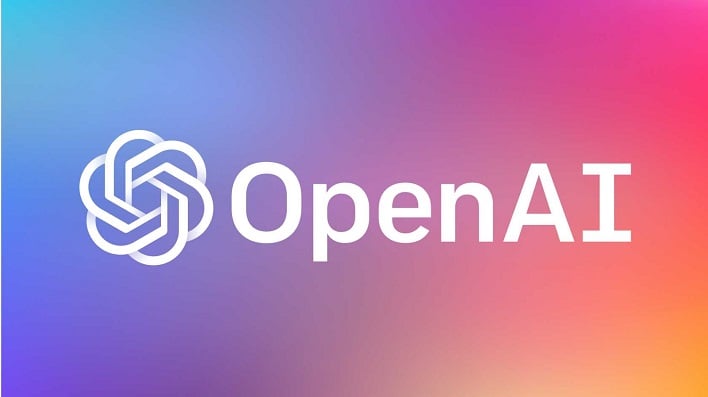ChatGPT No Longer Requires An Account If You Don’t Need These Features
ChatGPT has become a go-to method for many throughout the world for harnessing the power of AI. Before yesterday, however, all who wished to use ChatGPT had to sign into an account before being able to do so. Now, the AI company is removing that need and making it possible for some to skip the need of having to create an account altogether before seeing what ChatGPT is capable of. Well, an older version anyway.
In a press release, OpenAI remarked, “It’s our core mission to make tools like ChatGPT broadly available so that people can experience the benefits of AI. More than 100 million people across 185 countries use ChatGPT weekly to learn something new, find creative inspiration, and get answers to their questions.”

One may wonder why OpenAI is deciding to drop the need to log in. The answer may lie in part in a recent announcement of a possible $100 billion venture with Microsoft to build an AI supercomputer data center called Stargate. A data center of this nature would obviously need an enormous amount of energy, estimated to be as much as 5 gigawatts, and perhaps more importantly, an enormous amount of data to crunch. This need for more data could be one reason behind OpenAI relaxing its requirements to use its ChatGPT model, in the hope of a fresh wave of users that might get hooked on the experience.
So, what do users who choose not to sign in get? While they will be able to utilize ChatGPT as much as they desire, the experience will lack a few features, such as being able to save or share chats, and use custom instructions. The experience will also have “slightly more restrictive content policies.”
When an OpenAI spokesperson was asked what “slightly more restrictive content policies” meant, the answer was just as murky as the statement itself.

“The signed out experience will benefit from the existing safety mitigations that are already built into the model, such as refusing to generate harmful content. In addition to these existing mitigations, we are also implementing additional safeguards specifically designed to address other forms of content that may be inappropriate for a signed out experience,” remarked the spokesperson to TechCrunch. “We considered the potential ways in which a logged out service could be used in inappropriate ways, informed by our understanding of the capabilities of GPT-3.5 and risk assessments that we’ve completed.”
One thought circulating around the world of AI concerning OpenAI’s announcement is that the decision could end up backfiring. GPT-3.5 does not have an exemplary track record when it comes to making things up, especially compared to newer paid versions, like GPT-4 Turbo. Toss in the fact that there are competitors that are superior to GPT-3.5 that are free to use, like Anthropic’s Claude 3, and OpenAI may end up losing more users than gaining.
Whatever the reasoning is behind OpenAI’s recent move, it remains to be seen how effective it will be overall in bringing new users to the AI platform. If nothing else, perhaps it will bring in new people to the potential of AI and how it may help them in their everyday lives.


